In this article:
Infertility – or the failure to achieve pregnancy after 12 months of trying – is affecting more and more couples lately.
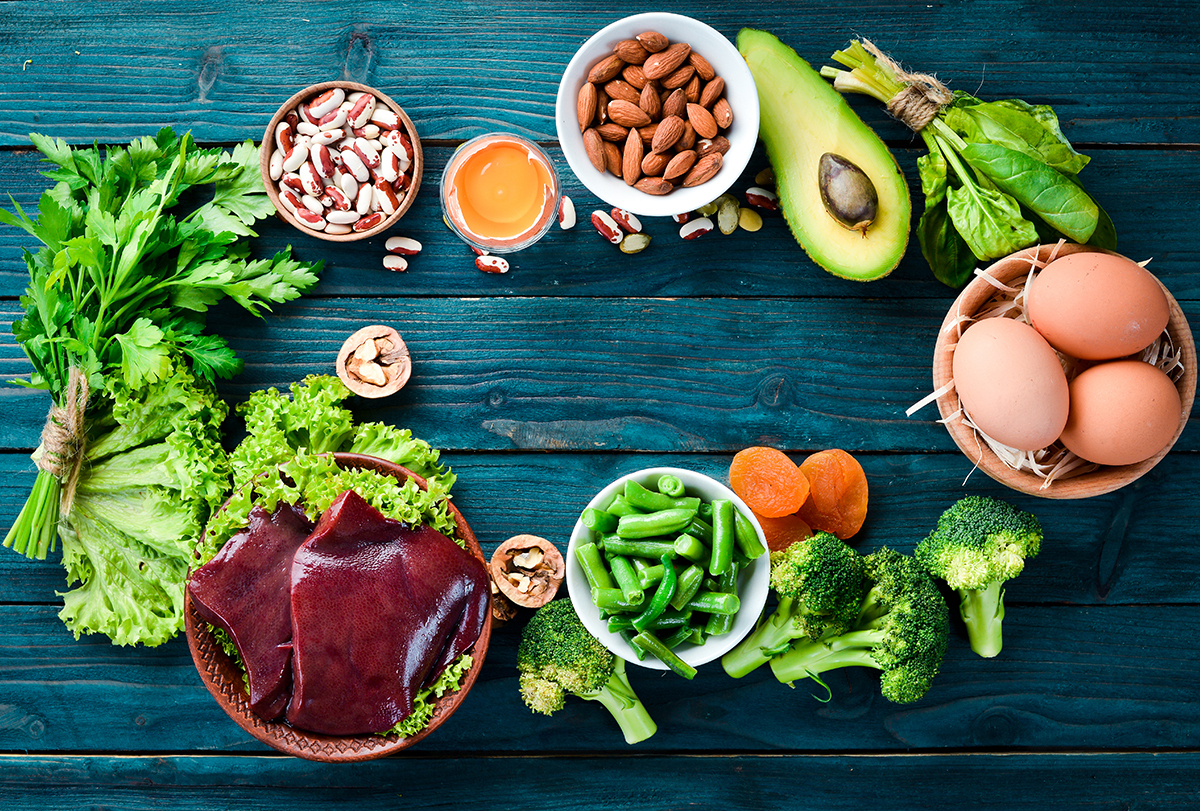
Around 15%–25% of couples in western countries are affected by it, and the use of assisted pregnancies, such as in vitro fertilization (IVF) and intrauterine insemination (IUI), is on the rise. (1)
Though there is no direct evidence on how diet or nutrition can play a role in fertility, some foods and nutrients are suggested to be useful in aiding and improving fertility among reproductive-age adults.
Top Foods That Boost Fertility
Here are some foods that may help couples conceive.
1. Avocados
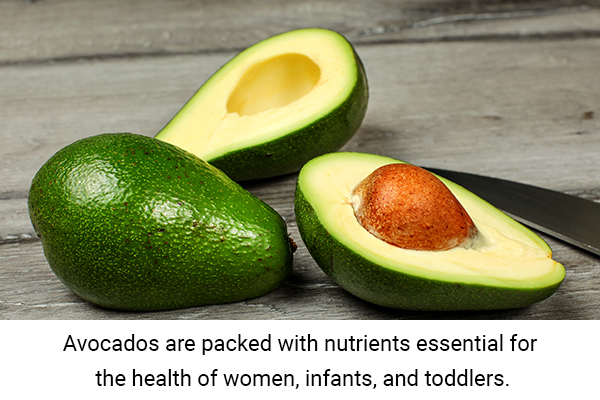
Avocados are packed with nutrients essential for the health of women, infants, and toddlers. They contain monounsaturated fatty acids (MUFAs), antioxidants, and phytosterols, in addition to abundant amounts of vitamin E, folate, and vitamin C. (2)
A 30 g serving of avocado can give 27 mcg of folate, which is an essential nutrient to prevent preterm pregnancies, cardiac defects, and neural tube defects. (2)
Avocados are considered an essential food that provides nutrients necessary during the preconception stage. It is versatile and can replace other fat-rich foods in the diet such as mayonnaise, salad dressings, and spreads.
2. Lentils
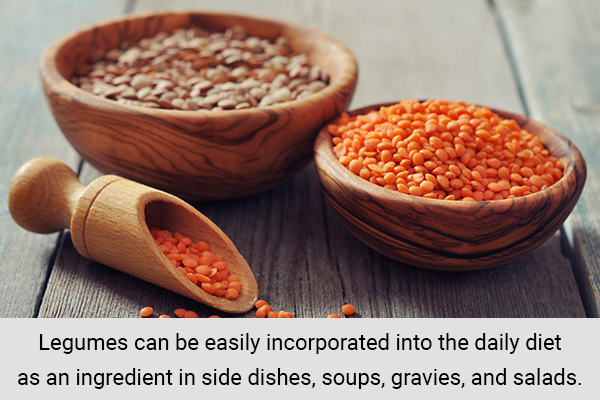
Lentils are a great source of proteins for vegetarians and vegans. It is replete with minerals including calcium, iron, potassium, zinc, and selenium and vitamins including vitamins C, A, K, E, thiamine, and folate – all of which are needed to boost fertility and support a healthy pregnancy. (3)(4)
Due to the low phytate content of lentils, their nutrients are more accessible than other grains or legumes and have also been shown to improve the iron status of children with anemia. (3)
Legumes can be easily incorporated into the daily diet as an ingredient in side dishes, soups, gravies, and salads.
3. Liver
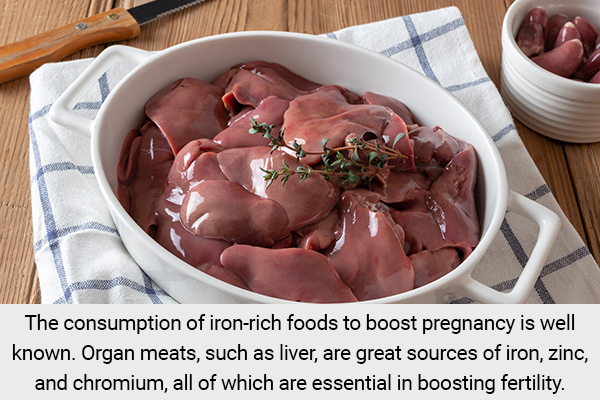
The consumption of iron-rich foods to boost pregnancy is well known. Organ meats, such as liver, are great sources of iron, zinc, and chromium, all of which are essential in boosting fertility. (4)(5)
However, care must be taken not to overconsume organ meats as they are high in fat. (5)
4. Eggs
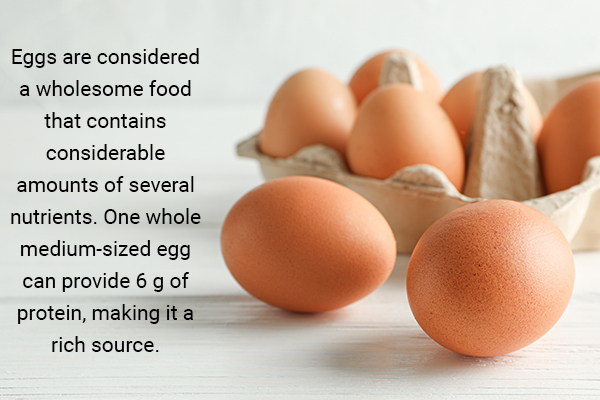
Eggs are considered a wholesome food that contains considerable amounts of several nutrients. One whole medium-sized egg can provide 6 g of protein, making it a rich source.
The yolk is also full of vitamins including vitamins A, E, D, K, B1, B2, B5, B6, B9, and B12 and minerals including selenium, zinc, magnesium, copper, iron, and phosphorus. (6)
Since proteins and folic acid are important in boosting fertility, the addition of eggs, which contain both nutrients, to a healthy diet can be beneficial. (4)
5. Sweet potato
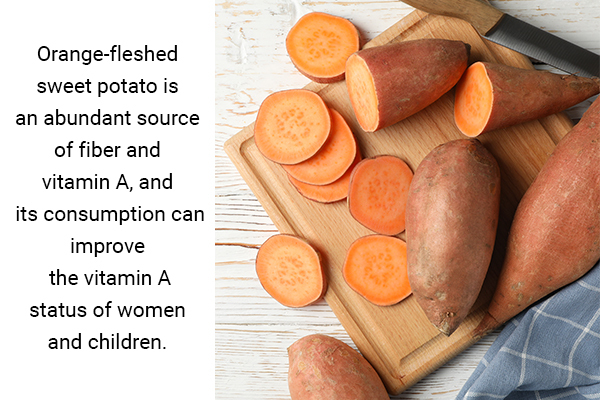
Orange-fleshed sweet potato is an abundant source of fiber and vitamin A, and its consumption can improve the vitamin A status of women and children. (7)
Sweet potato can be a valuable source of vitamin A, which can boost fertility, as shown by studies done on women in various parts of the world. Consuming sweet potato also improved anemia in prenatal and postpartum women. (7)
6. Fish
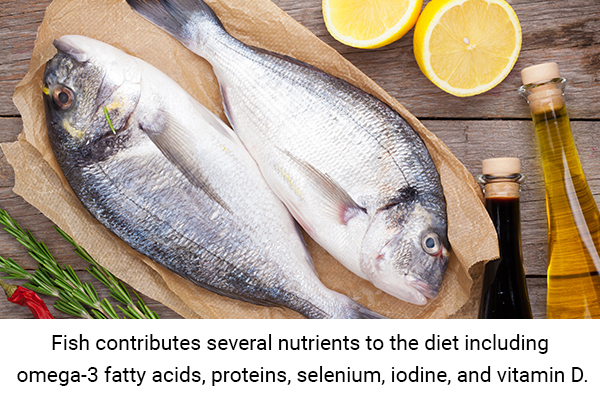
Fish contributes several nutrients to the diet including omega-3 fatty acids, proteins, selenium, iodine, and vitamin D. (8)
Consuming fish twice a week is recommended by most dietary guidelines, (8) and along with egg, it can be a good way to increase protein in the diet to improve fertility.
In one study, women on the Mediterranean diet who consumed fish two times each week had a higher probability of live births following infertility treatments. In this study, fish replaced other high-fat meat sources such as red meat. (9)
7. Pomegranate
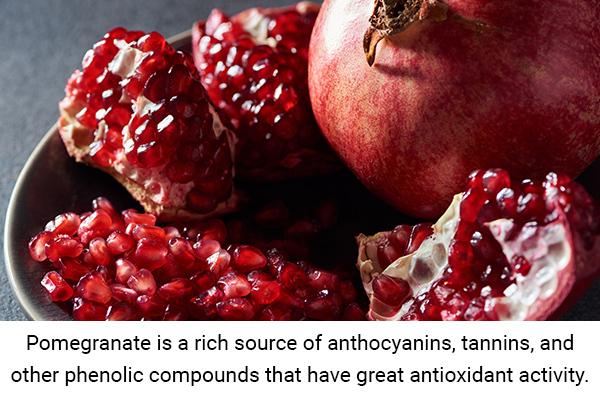
Pomegranate is a rich source of anthocyanins, tannins, and other phenolic compounds that have great antioxidant activity. (10)
Antioxidant-rich foods are recommended to boost both male and female fertility. (4)
Animal studies have shown pomegranate consumption to have favorable effects on male fertility by improving sperm cells and concentration. (10) While more studies are needed, including pomegranate in a healthy well-balanced diet can be beneficial.
8. Bee pollen
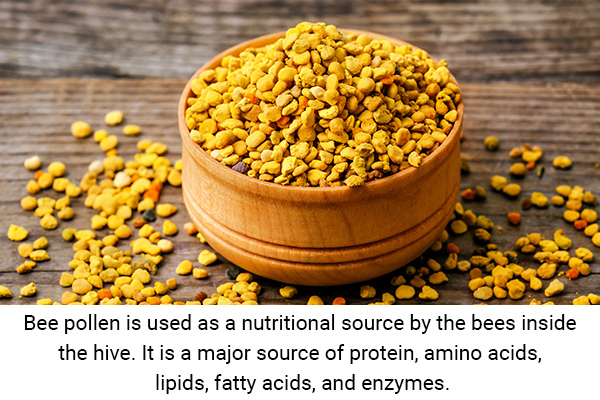
Bee pollen is used as a nutritional source by the bees inside the hive. It is a major source of protein, amino acids, lipids, fatty acids, and enzymes. (11)
In several animal studies, consumption of bee pollen improved male fertility by increasing the activity of male hormones such as testosterone. It also improved sperm count and viability, while also improving antioxidant activity and thus reducing oxidative damage to the male reproductive organs. (11)
It is important to remember that most of these studies are done on animals and more extensive human studies and trials are needed to establish the role of bee pollen in human fertility.
9. Maca powder
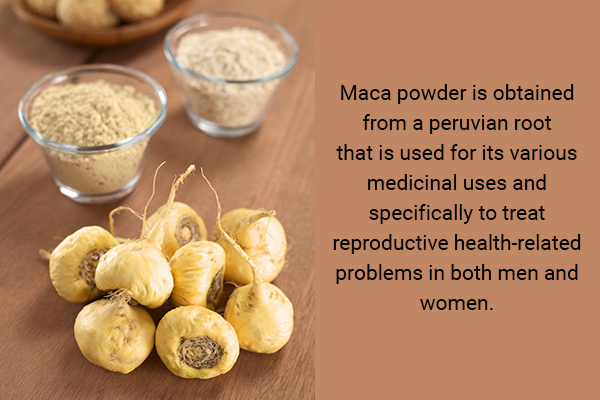
Maca powder is obtained from a Peruvian root that is used for its various medicinal uses and specifically to treat reproductive health-related problems in both men and women.
Several studies report its ability to treat erectile dysfunction and menopausal symptoms. (12) However, note that most of maca powder’s health claims are from traditional sources, and very little scientific evidence exists to prove its efficacy in boosting fertility.
Additional Tips for Boosting Fertility
Here are some other things you can do to boost your fertility: (13)
- Follow a healthy well-balanced diet that includes foods that support optimal health.
- Exercise daily to maintain your body weight.
- Avoid psychological stress, smoking, and alcohol use.
- Avoid the use of recreational drugs, medications, excessive caffeine, and environmental and occupational exposure to pollutants.
- During pregnancy, it is better to avoid hot water baths, saunas, jacuzzis, and the use of lubricants.
- Men should avoid the use of tight-fitting underwear as it can impact fertility. Men who wear tight-fitting underwear and pants are at risk of having lower-quality semen due to an increase in scrotal temperature.
Precautions to Consider
- Several factors are involved in lowering fertility in both men and women. It is important to consult a doctor to identify the cause and the best course of treatment.
- Following a healthy well-balanced diet is key to not only boosting fertility but also improving overall health. Good nutrition is crucial to the health of the mother and to support the pregnancy and baby’s health.
- Do not include any ingredient in your diet based on its health or market claims.
Most-Asked Questions
Should I avoid carbohydrates to improve my fertility?
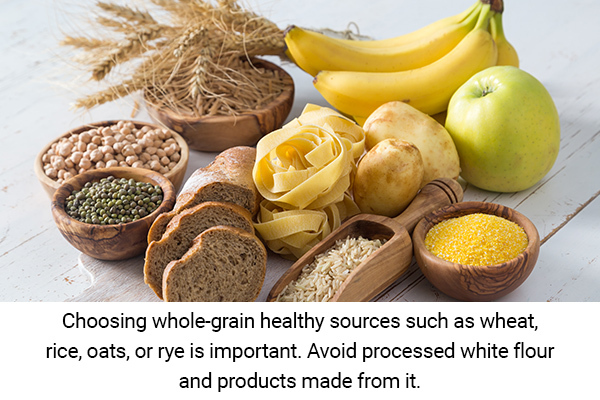
It is generally not a good idea to exclude an entire food group from the diet. Carbohydrates are the main source of energy in the diet.
Choosing whole-grain healthy sources such as wheat, rice, oats, or rye is important. Avoid processed white flour and products made from it.
Will prenatal vitamins help in getting pregnant?
Prenatal vitamins have all the essential vitamins that are needed to improve fertility and support pregnancy. Taking these vitamins is a good idea if the reason for infertility is malnutrition or if your doctor recommends them.
Final Word
Infertility is a problem faced by many couples around the world. Several factors can cause difficulty in getting pregnant, and one of the main suggestions is to turn to a healthy well-balanced diet with lots of vitamins and minerals to support health and pregnancy.
Certain foods can play a beneficial role in boosting fertility and can be added to the daily diet.
- Was this article helpful?
- YES, THANKS!NOT REALLY


